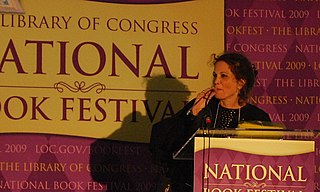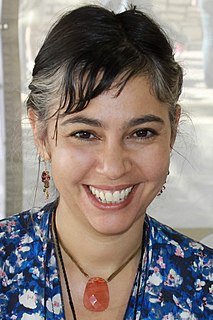A Quote by Frederick Lenz
In poetry, and in my study in graduate school, I was drawn to a particular poet, Theodore Roethke. I did a dissertation on "The Evolution of Matter and Spirit in the Poetry of Theodore Roethke" for my Ph.D.
Quote Topics
Related Quotes
For me, the writing life doesn't just happen when I sit at the writing desk. It is a life lived with a centering principle, and mine is this: that I will pay close attention to this world I find myself in. 'My heart keeps open house,' was the way the poet Theodore Roethke put it in a poem. And rendering in language what one sees through the opened windows and doors of that house is a way of bearing witness to the mystery of what it is to be alive in this world.
What's madness but nobility of soul At odds with circumstance? The day's on fire! I know the purity of pure despair, My shadow pinned against a sweating wall, That place among the rocks--is it a cave, Or winding path? The edge is what I have........ ....... Dark,dark my light, and darker my desire. My soul, like some heat-maddened summer fly, Keeps buzzing at the sill. ~From "The Waking" by Theodore Roethke
I read the poem [In a Dark Time by Theodore Roethke] because I was intrigued and had one of those strange senses: "This poem is kind of important to me. I don't know why, but I'm going to just keep it in the back of my mind." I just kept coming back to it. As I started putting the book together and writing the stories for it, this idea of buzzing as a word kept popping up in my brain.
What the world wants, what the world is waiting for, is not Modern Poetry or Classical Poetry or Neo-Classical Poetry - but Good Poetry. And the dreadful disreputable doubt, which stirs in my own skeptical mind, is doubt about whether it would really matter much what style a poet chose to write in, in any period, as long as he wrote Good poetry.
Poetry is the most informative of all of the arts because everything comes down to poetry. No matter what it is we are describing, ultimately we use either a metaphor; or we say "that's poetry in motion." You drink a glass of wine and say, "that's poetry in a bottle." Everything is poetry, so I think we come down to emotional information. And that's what poetry conveys.
My path to poetry was slow and meandering. When I eventually found my way to graduate school at 29, making a life as a poet seemed like a bohemian fantasy. But maybe my zigzagging trajectory is just an excuse for tardiness, when fear is really the root of any reason I might give. My perfectionism and pace are certainly driven by fear that a poem is imperfect or incomplete. More significantly, my struggle to fully dedicate myself to poetry was a fear of failure.
Another trouble with poetry - and I'm gonna stop the list at two - is the presence of presumptuousness in poetry, the sense you get in a poem that the poet takes for granted an interest on the reader's part in the poet's autobiographical life, in the poet's memories, problems, difficulties and even minor perceptions.

































